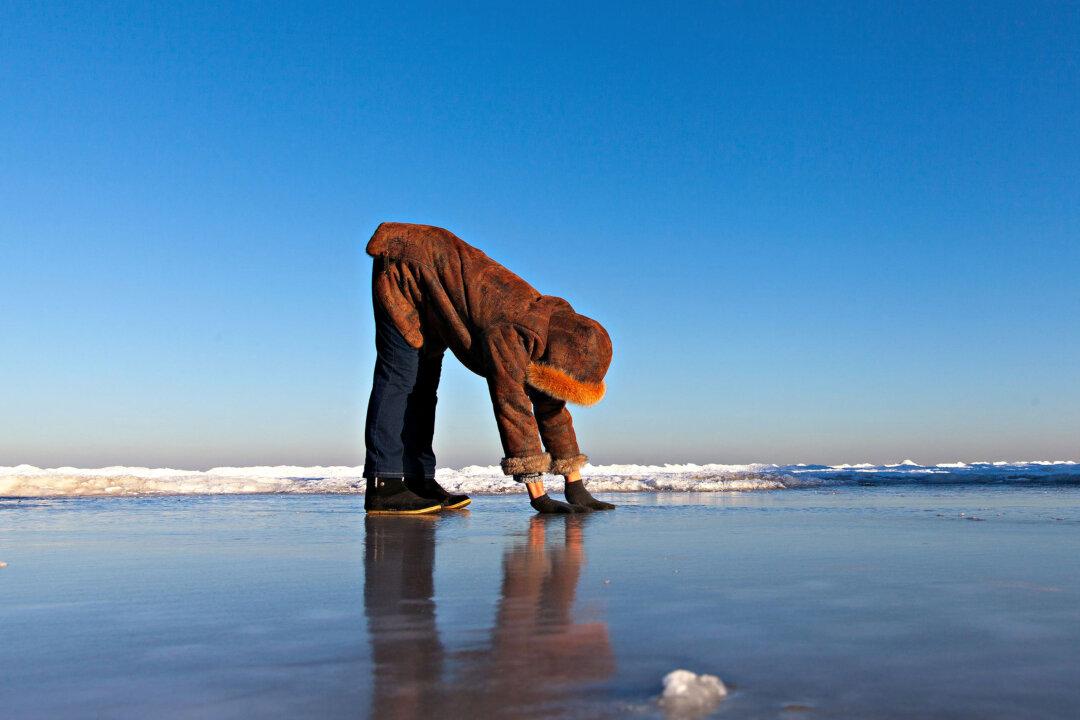If you worry that your memory is going, you’re not alone. Do you regularly walk into a room and forget what you went there for? Have you ever drawn a blank on a close friend’s name? Do you routinely forget common words? Join the club. These little episodes are embarrassing and frustrating, but are you on the fast track to Alzheimer’s? Probably not.
Memory loss can the result of a number of factors, the most common of which is your age. However, hormonal changes, diet, stress, and simply trying to do too many things at once can also mess with your memory.





